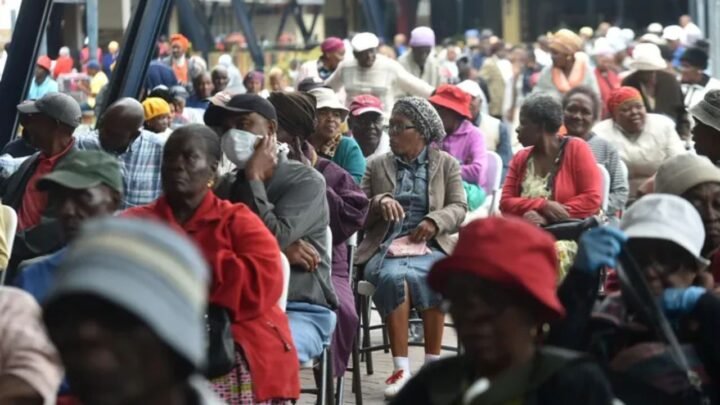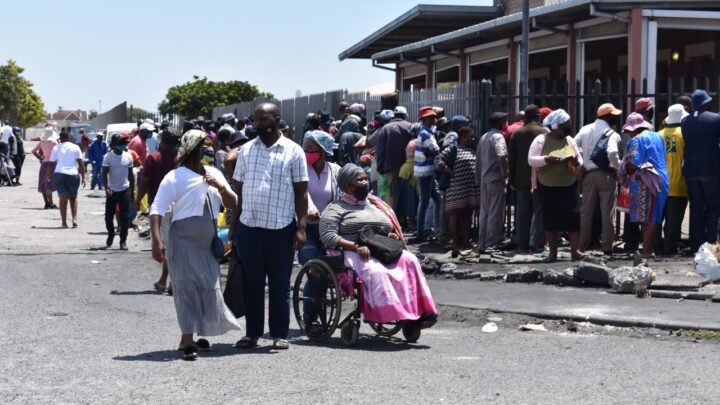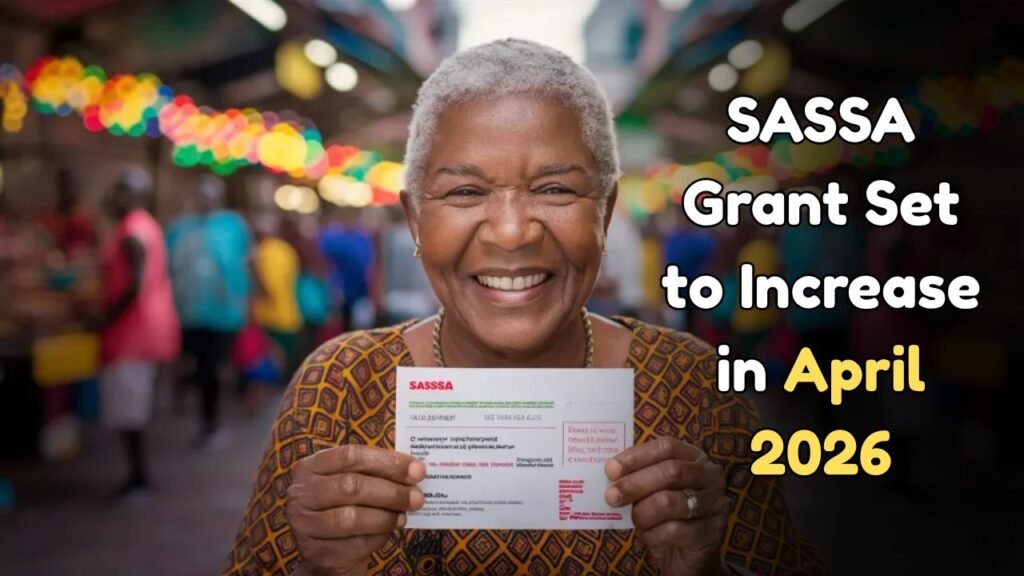SASSA Pension Grant – The South African Social Security Agency (SASSA) is once again in the spotlight as expectations rise for a new pension grant increase set for April 2026. For millions of elderly South Africans, these grants are not just a source of income, but a critical financial lifeline that helps cover essential needs like food, medication, transport, and shelter. Every annual increase is closely watched by grant recipients and their families, as even a small adjustment can have a significant impact on daily living. In this article, we explore the upcoming pension grant increase, what it could mean for beneficiaries, and why these adjustments are so important in the context of South Africa’s rising cost of living.

What Is the SASSA Pension Grant?
The SASSA Old Age Pension, often simply called the pension grant, is a monthly financial assistance program offered by the government to South African citizens and permanent residents aged 60 and above who meet certain financial criteria. This grant helps the elderly population afford basic necessities and live with dignity, especially those who have no other stable source of income. Over the years, the government has periodically increased the pension amount to try to keep pace with inflation and the rising cost of essential goods and services.
Why Is an Increase Needed in 2026?
Over the past few years, the cost of living in South Africa has risen sharply. Food prices, transport fares, electricity, and medical expenses continue to climb, putting extra pressure on pensioners who often have limited ways to supplement their income. In this challenging environment, a pension increase is not just expected—it is urgently needed. Many elderly South Africans depend entirely on their monthly SASSA payments, and a failure to adjust the grant could leave them struggling to afford daily essentials.

Government Announcements and Budget Talks
Each year, the South African government reviews social grant payments during the National Budget Speech, typically delivered in February. Leading up to April 2026, social development officials and finance experts are expected to meet and discuss how much of an increase can be afforded given the country’s economic climate. There is growing pressure from civil society groups and advocacy organizations to ensure that the increase is meaningful and keeps up with inflation, not just a symbolic amount.

How Much More Could You Get?
While the exact figure will only be confirmed after the budget announcement, early indications from policy experts and media reports suggest a possible increase of between R100 and R150 per month for the SASSA pension grant in April 2026. This would bring some welcome relief for recipients, especially those who rely solely on their pension to get by. However, the final amount could be higher or lower depending on broader economic factors and the state of the government’s finances as the time approaches.
What Will a Pension Increase Mean for Recipients?
For pensioners, any increase—no matter how small—can make a real difference. An extra R100 or R150 a month could help cover additional groceries, a few extra units of electricity, or even essential medicines. In rural areas and townships, where every rand counts, such increases are often felt most. The adjustment is also symbolic, representing a recognition by government of the struggles faced by the country’s elderly and a commitment to supporting them as best as possible. As April 2026 approaches, SASSA pensioners and their families will be watching closely for the official announcement of the grant increase. The coming months are likely to see intense discussions among policymakers, economists, and community leaders about the right balance between affordability and the urgent needs of South Africa’s most vulnerable citizens. One thing is clear: a meaningful pension increase is not just a matter of numbers—it is a vital support mechanism that helps ensure dignity and survival for millions of elderly South Africans. Stay tuned for updates as the budget announcement nears, and be ready to check your payment status once the increase takes effect.






